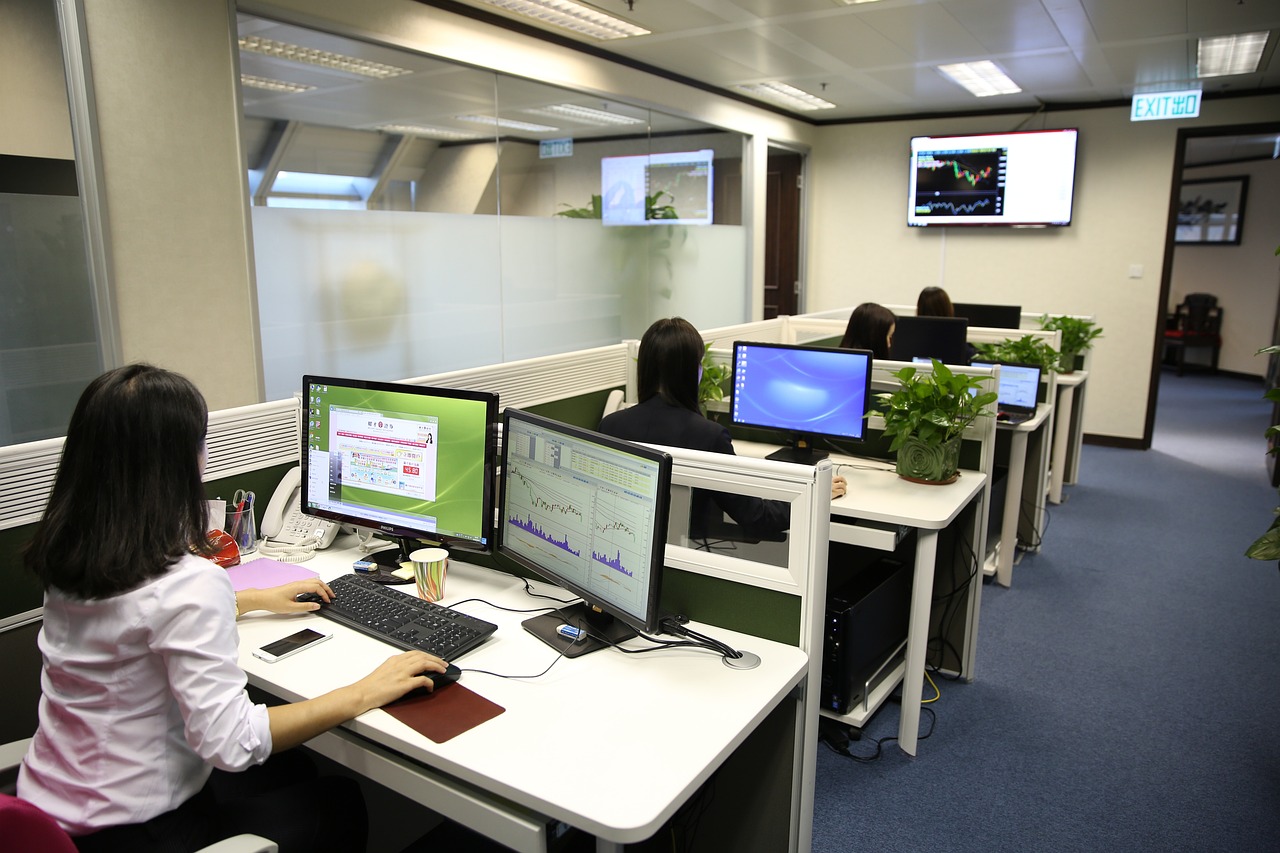
Empowerment Through Education: Cultivating Continuous Learning and Career Advancement
In today’s dynamic world, empowerment through education is key to personal and professional success. Continuous learning is essential for career advancement, fostering innovation, resilience, and growth. Here, we explore how education can transform lives and enable progress.
1. The Power of a Growth Mindset
A growth mindset is the belief that abilities and intelligence can be developed through dedication and hard work. This contrasts with a fixed mindset, where talents are seen as innate and unchangeable. Cultivating a growth mindset is crucial for continuous learning and career development.
Employers highly value the ability to learn and adapt, often viewing it as a key indicator of potential for growth within the company. Employees who demonstrate a growth mindset are seen as more resilient and capable of taking on new roles or responsibilities. Furthermore, this mindset encourages a culture of continuous improvement and innovation, as individuals are more willing to experiment and take risks. Embracing a growth mindset not only benefits individual career paths but can also contribute to the overall success of an organization.
2. Lifelong Learning: Beyond Traditional Education
Lifelong learning extends beyond traditional education systems, encompassing all forms of learning throughout an individual’s life. This includes self-directed learning, professional development courses, online certifications, and informal learning through experiences and interactions. Lifelong learning is essential for staying relevant in today’s fast-paced job market, where skills can become obsolete quickly due to technological advancements.
The emergence of online learning platforms has made it easier than ever to access a wide range of educational resources. From MOOCs (Massive Open Online Courses) to webinars and workshops, there are numerous opportunities for individuals to continue their education and develop new skills. Many industries now require employees to engage in continuous professional development to maintain their knowledge and competencies. By taking advantage of these opportunities, individuals can stay competitive and open doors to new career paths and advancements.
Moreover, lifelong learning promotes personal growth, enhancing critical thinking, adaptability, and problem-solving skills. It can also increase self-confidence and provide a sense of achievement. As individuals invest in their education throughout their lives, they become more versatile and better prepared to navigate the challenges and opportunities of an ever-changing world.
3. Professional Development and Career Advancement
Professional development is an ongoing process of acquiring new skills and knowledge relevant to one’s career. It involves formal education, such as degrees and certifications, as well as informal learning through workshops, mentoring, and on-the-job experiences. Engaging in professional development is crucial for career advancement, as it demonstrates a commitment to growth and excellence.
Employers often provide training and development opportunities to their employees as a way of fostering talent and ensuring the organization’s competitive edge. This can include management training programs, technical skills development workshops, or courses in soft skills like communication and leadership. By participating in these programs, employees can enhance their capabilities, making them more valuable to their organizations and more likely to receive promotions or new responsibilities.
In addition to employer-provided training, individuals can seek out professional development opportunities independently. This can include pursuing further education, obtaining industry-specific certifications, or joining professional associations. Networking through these associations can also provide valuable career insights and opportunities. By taking proactive steps in their professional development, individuals can better position themselves for career growth and advancement.
Investing in professional development not only benefits the individual but also the organization. Employees who are continuously developing their skills are more productive and engaged, leading to better performance and innovation. This creates a positive cycle of growth for both the individual and the organization.
4. The Role of Technology in Continuous Learning
Technology has revolutionized the way we learn, making education more accessible and flexible. With the advent of e-learning platforms, webinars, and virtual classrooms, individuals can now pursue education from anywhere in the world, at their own pace. This has significant implications for continuous learning and career advancement.
Online learning platforms, such as Coursera, Udemy, and LinkedIn Learning, offer a vast range of courses across various disciplines. These platforms often provide certificates upon completion, which can be added to professional profiles and resumes. The flexibility of online learning allows individuals to balance their education with other responsibilities, such as work and family. This means that more people can engage in continuous learning without having to take extended time off from their careers.
Technology also facilitates collaborative learning through tools like discussion forums, social media, and virtual study groups. These platforms enable individuals to share knowledge, ask questions, and seek support from peers and experts worldwide. This collaborative approach can enhance the learning experience and provide diverse perspectives, fostering deeper understanding and innovation.
In the workplace, technology can be used to deliver ongoing training and development programs. This includes virtual onboarding programs, online skill assessments, and interactive training modules. By leveraging technology, organizations can ensure their employees remain up-to-date with the latest industry trends and practices, contributing to their career growth and the company’s success.
5. The Impact of Education on Personal Development
While education is often viewed through the lens of career advancement, its impact on personal development is equally significant. Education fosters critical thinking, creativity, and emotional intelligence, which are essential for personal growth and well-being. Continuous learning can lead to a more fulfilling life, with richer experiences and deeper understanding of the world.
Engaging in learning activities can boost self-confidence and self-efficacy. As individuals acquire new skills and knowledge, they develop a sense of achievement and capability, which can positively impact other areas of their lives. This confidence can lead to better decision-making, improved relationships, and greater resilience in facing life’s challenges.
Education also promotes cultural awareness and empathy. By exploring diverse subjects and perspectives, individuals can develop a broader understanding of different cultures, histories, and experiences. This can foster empathy and open-mindedness, which are crucial for building inclusive and harmonious communities. Engaging with a diverse range of ideas and people can also stimulate creativity and innovation, as individuals are exposed to different ways of thinking and problem-solving.
Additionally, continuous learning can support mental health and cognitive function. Engaging in intellectually stimulating activities can help maintain cognitive abilities and reduce the risk of cognitive decline with age. Learning new things can also provide a sense of purpose and direction, which is important for overall well-being and life satisfaction.
In conclusion, education is a powerful tool for empowerment, offering numerous benefits for both career advancement and personal development. By cultivating a growth mindset, embracing lifelong learning, and leveraging technology, individuals can continuously develop their skills and knowledge, leading to greater success and fulfillment in all areas of life.



